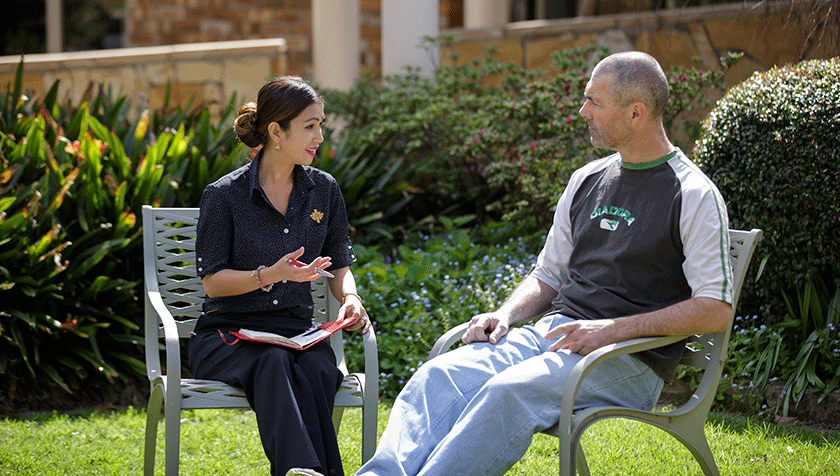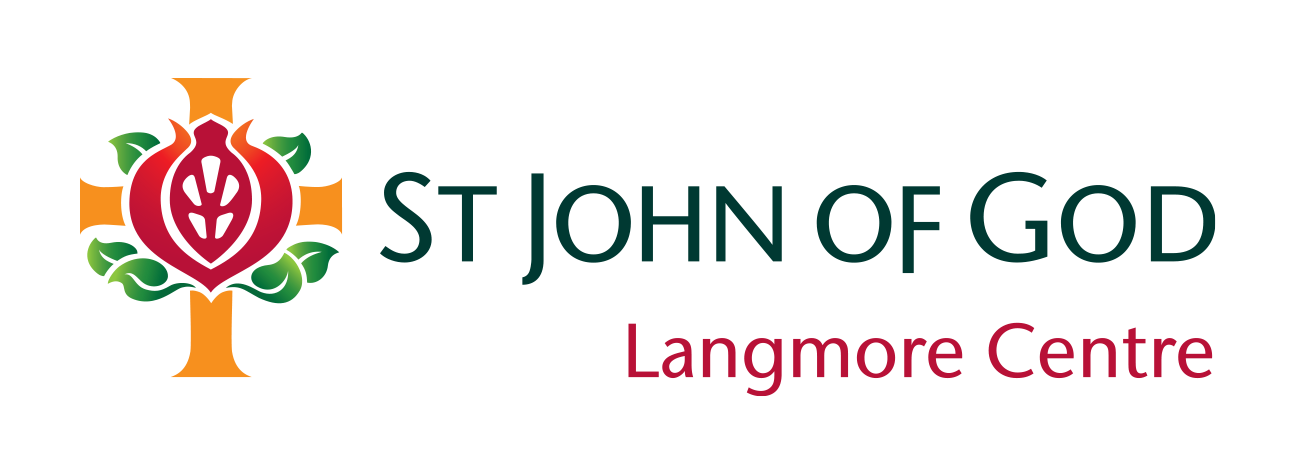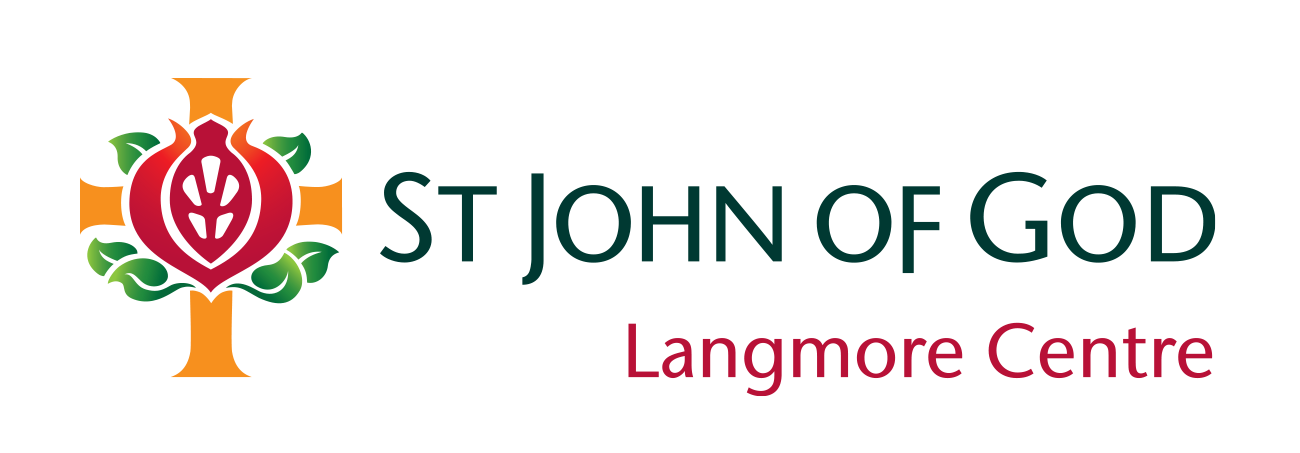Post-traumatic stress disorder
Post-traumatic stress disorder (PTSD) is an injury that can follow exposure to one or more severe, traumatic events. It can change the way you see yourself, your life and the world. We provide comprehensive, holistic care to help you recover.

What is PTSD?
We often hear that PTSD feels like you are existing rather than living, and that no one understands, which can be a lonely experience.
PTSD is treatable and our programs may help you learn to calm the body and mind, and get back to living a life that has a sense of meaning and purpose.
If you have been diagnosed with or think you may have PTSD, you may experience:
- a heightened sense of fear, panic, horror or anger
- a sense that your body is on alert, even during normal activities
- poor sleep
- poor concentration and memory
- unwanted recollections of what happened, both during waking hours and in the form of nightmares.
You may begin to isolate yourself by withdrawing from your support and social networks, enjoyable activities and work life. You may also have a sense of foreboding or threat, and have trouble making decisions.
How PTSD treatment can help you
Recovery from PTSD is possible with the right support. By learning to calm your body and mind, you can get back to enjoying your everyday activities.
We provide a range of services that take a holistic and evidence-based approach to PTSD treatment. We:
- provide a personal health care plan based on individual health needs and challenges
- treat mental, emotional, physical and spiritual needs
- link you to other support services, both inside and outside the hospital to encourage long term health
- welcome families and support networks as part of the overall treatment and recovery
- address other conditions such as depression and substance use disorders.
Our programs are evidence-based, which means it’s founded on the highest standards of clinical practice and research. Ongoing evaluation and improvement helps maintain that quality and excellence.
Where appropriate, we actively encourage family and carers to be part of the support network for people in recovery. We offer regular information and support sessions to help family and carers better manage and support a loved one through PTSD, and just as importantly, ways for family and carers to look after themselves.
Programs available
Inpatient PTSD treatment
We offer inpatient stays to address acute PTSD symptoms which need urgent attention.
As an inpatient, you can take the time to rest and recover away from your daily activities while learning strategies to manage your condition when you return home.
What to expect
Inpatient PTSD treatment runs for 21 days and is generally followed by an ongoing day program or individual therapy.
Referrals and costs
To access inpatient treatment you will need a GP or psychiatrist referral.
Most private health insurers cover the costs of enrolling in treatment and excess or co-payment may be payable depending on your level of cover.
Care is also available through the Department of Veterans’ Affairs and Work Cover. Self-funded patients are also welcome.
Interested in inpatient PTSD treatment?
To make an enquiry please fill in the form below.
Day programs for PTSD
We have a range of mental health day programs that provide evidence-based treatment for PTSD.
PTSD and the ongoing symptoms often require continuing care and support to help you manage your condition.
Our day programs provide care and support after an inpatient stay or to help you manage your condition as you continue your daily activities.
Referrals and costs
A referral from your GP or a psychiatrist is needed to access our day programs for PTSD.
Most private health insurers cover the costs involved with enrolling in our programs. Any excess or co-payment depends on your level of cover.
We can provide care through the Department of Veterans’ Affairs and Work Cover. We also welcome self-funded patients.
Interested in our day programs for PTSD?
Find out more information about our day programs for PTSD by filling in the enquiry form below.
Appointment with a psychiatrist
You can choose to see one of our psychiatrists who specialises in treating PTSD.
You can see a psychiatrist for individual appointments, in combination with a day program, or as an inpatient.
What to expect
Our psychiatrists will keep you informed about your rights regarding confidentiality, speak with you about your wellbeing, and work with you to develop a plan towards recovery. This plan can involve therapy and/or medication.
Single or ongoing appointments with your psychiatrist are available.
Referrals and costs
A referral from a GP is needed to see a psychiatrist.
There is often a one-off fee for your first appointment with a psychiatrist. We recommend you call your psychiatrist's rooms to confirm costs before your appointment.
If your psychiatrist recommends you enrol in one of our mental health day programs, the costs of these are covered by most private health insurers. Any excess and/or co-payment depends on your level of cover.
Interested in an appointment with a psychiatrist?
Find out more information by visiting our psychiatry consultations page or filling in the enquiry form below.
Use our search tool to find a psychiatrist that specialises in treating PTSD.
You may be interested in


